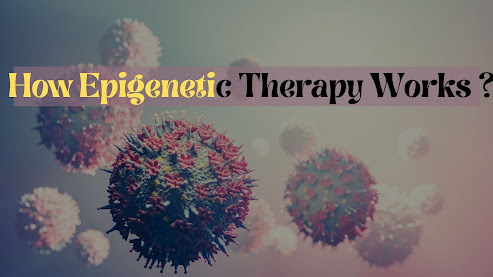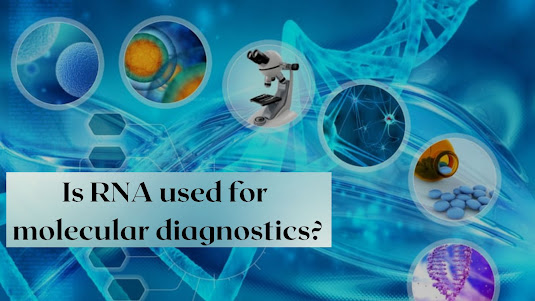How Epigenetic Therapy Works?
Epigenetic therapies are methods intended to modify the expression of genes associated with transformation. Histones the proteins around which DNA are wrapped to form nucleosomes are one of the main targets of this strategy. Targeting epigenetic alterations with drugs that undo damage and restore DNA expression to its pre-cancerous state is the main idea underlying this treatment. Similar to how chemotherapy targets rapidly dividing cancer cells, these medications are made to sniff out epigenetic variations related to cancer. Epigenetic cancer treatments are sometimes referred to as chemotherapy drugs, which is a broad phrase for any anticancer medication.
The Food and Drug Administration
(FDA) has given the go-ahead for epigenetic medications, also known as
epi-medicines, to treat multiple myeloma, cutaneous T-cell carcinoma,
supplemental T-cell carcinoma, ER-positive metastatic bone cancer, and
myelodysplastic pattern, a condition that can lead to leukaemia. Epi-drugs that
have been investigated in clinical trials for mesothelioma include valproate,
DHAC, belinostat, decitabine, and vorinostat. This control includes
acetylation, ubiquitination, phosphorylation, and DNA and histone
methylation. Recent research has demonstrated that epigenetics plays a
significant role in a wide range of conditions, including cancer, metabolic
diseases, neurological disorders, and cardiovascular conditions. Epigenetic
treatments aim to homogenise the post-translational changes on histones and DNA
methylation patterns that support or maintain a bad phenotype.
The most well-liked of
these therapies try to change histone acetylation or DNA methylation. Silenced
genes may become active again if DNA methylation is hindered. Radiation and chemotherapy
seem to work well with epigenetic medications. Cancer cells may become more
responsive to these treatments as a result of the medications, increasing the
likelihood that they will help prevent cancer from returning. Additionally,
your croaker can take multiple epigenetic medications concurrently.



Comments
Post a Comment